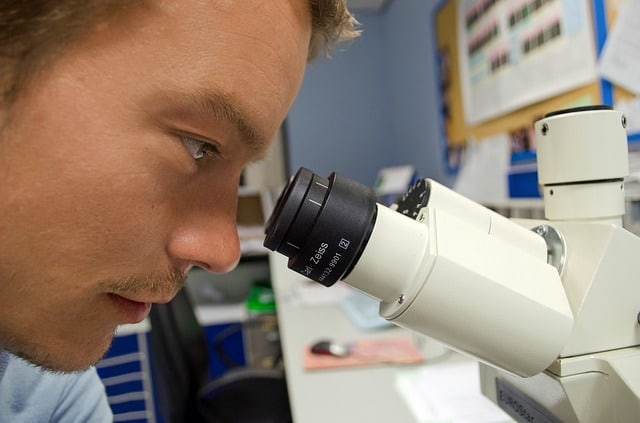Biotechnology is an emerging field of medicine that employs genetics, molecular biology and other techniques to study how the human body functions. This knowledge is then applied to create new therapies and diagnostic tests.
Biotech is revolutionizing how drugs are tested and prescribed, taking into account how individual genes influence response to treatment – this personalized approach is known as pharmacogenomics.
Vaccines
Vaccines strengthen the immune system, enabling it to recognize and attack diseases caused by viruses or bacteria. Furthermore, they have been known to prevent certain types of cancer and other life-threatening ailments.
Conventional vaccines contain weak or killed forms of bacteria and viruses to stimulate the immune system to create antibodies. These antibodies then aid in fighting disease in the body.
However, some individuals with weakened immune systems, such as those undergoing cancer treatment, may not be able to receive certain vaccines.
Research is being done to develop new vaccines that can combat cancer and other serious illnesses. For instance, scientists are creating vaccines that instruct the body to target cells with antigens responsible for colorectal cancer or kidney cancer in its later stages.
Biopharmaceuticals
Biopharmaceuticals are a class of pharmaceuticals that utilize living organisms (like bacteria or yeast) to create drugs to treat diseases. These treatments tend to be more efficient and cost-effective than their conventional counterparts, with fewer side effects as well.
Biotechnology involves the use of recombinant DNA technologies and other methods to manipulate biological cells’ functions, creating new therapies for human disease. These treatments may include clotting factors, antigens, hormones and other molecules tailored specifically towards treating specific ailments.
Biopharmaceuticals are an emerging field that is revolutionizing how physicians treat chronic illnesses and in some cases cancer. Unlike traditional medications which target multiple organ systems, biopharmaceuticals are more targeted and offer fewer side effects. Furthermore, some have even been known to cure more severe conditions like cancer and autoimmune diseases.
Monoclonal antibodies
Antibodies are proteins produced by our body to fight off bacteria, viruses and cancer cells. They also aid in combatting autoimmune disorders and diseases.
Monoclonal antibodies are one of the most potent types of antibodies. They’re created by combining two distinct immune cells (like B cells) to produce more specific antibodies.
Antibodies attach to certain proteins on bacteria or viruses, blocking their entry into our bodies.
They can also enhance our immune system’s response to cancer by attaching themselves to specific proteins on the outside of a cancer cell and drawing in immune cells that destroy it.
Monoclonal antibodies are prescribed for the treatment of many diseases, but some may cause side effects like inflammation and allergic reactions, commonly referred to as infusion reactions.
3D imaging
3D imaging is an invaluable asset in the healthcare industry. It allows healthcare professionals to observe and measure a patient’s anatomy in 3D, leading to more precise diagnoses and tailored treatments.
Current healthcare professionals utilize 3D imaging for a variety of tasks, such as visualizing blood vessels and bones. It has even found applications in surgery, enabling doctors to view the entire body in 3D.
Implementing a 3D imaging service necessitates setting up clinical workflow, protocols, billing and staffing issues on an ongoing basis. This necessitates collaboration with radiologists, referring clinicians, CT and MR scan departments.
Augmented reality
Augmented reality is an innovative new technology that gives healthcare professionals the unique ability to interact with three-dimensional representations of the body, helping them diagnose patients and enhance their treatment plans.
Another application of augmented reality in medicine is patient education. This helps individuals comprehend how their health affects them and motivates them to make necessary changes.
AR can also be utilized in clinical trials to streamline data collection and analysis. This not only saves time and cost of trials, but provides a more precise diagnosis as well.
Augmented reality can be used in quality control and assurance for pharmaceutical products to monitor production quality and reduce defects during the manufacturing process. This helps speed up production while cutting down on product development costs.




